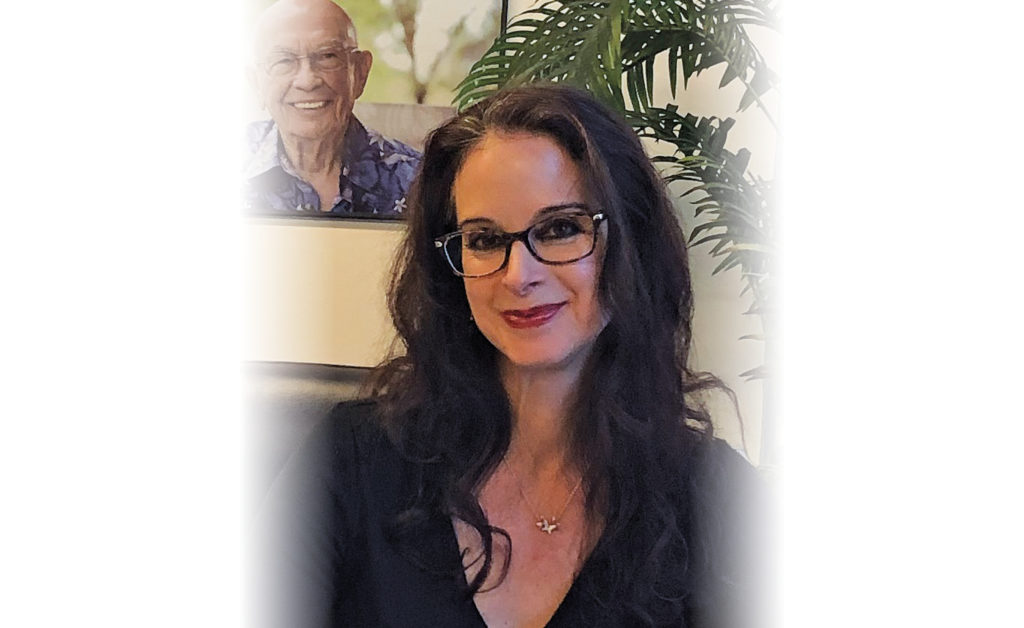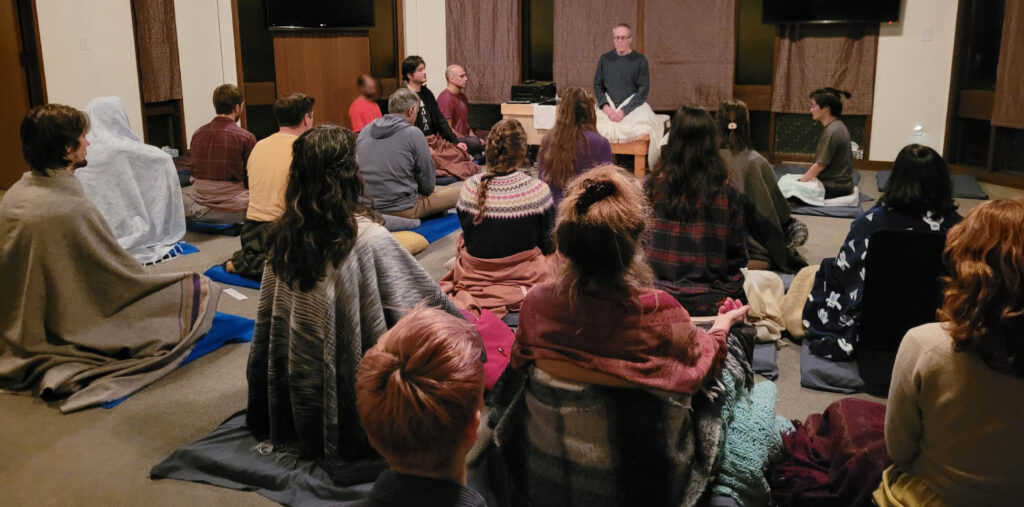by Sherrin Griffin VP, Operations, Sidney SeniorCare –
As a kid, I remember seeing faded old photographs of generations gone by, including pictures of my great grandfather who served as a captain in the Boer War (South African War from 1899 – 1902) which was Canada’s first foreign war, WWI and WWII, and thinking how important he looked in his military uniform. Being far too young to grasp the significance of the uniform, and far too removed from an era when the threat of war became a harsh reality, it was challenging to process.
Sure, we’d glossed over both world wars in school and watched Hollywood war movies with the sense of detachment that one could only expect from a generation untouched by the traumas of war. And, as each year passes and each successive generation comes into being, the courageous men and women who served during WWI and WWII, including those who made the ultimate sacrifice, are in danger of becoming forgotten.
Of course, the veterans who fought bravely in WWI over a century ago have since passed away. Of the over one million Canadians who participated in WWII, only 20,300 veterans are still alive, with the average age being 96 according to VAC (Veterans Affairs Canada) as of March 31, 2021. The Korean War (1950-1957) – another significant war that Canada participated in – has 5,200 veterans still alive, with the average age being 89.
I’ve spent time with a few elderly veterans who have shared memories of their service in war: incredible tales of harrowing experiences and heroic moments. These special conversations reminded me how very precious these remembrances are from our seniors. The elderly are virtually human time capsules from another era. Their stories and accounts of the “old days” give us a colourful glimpse into history, which is not only incredibly fascinating and educational, but helps us to better understand our place in the world today.
When seniors share their life experiences with us, the benefits are powerful for not only the captive audience, but for the seniors themselves in so many ways:
• Gives meaning and perspective to seniors’ lives; helps them to recognize their accomplishments and their life’s purpose.
• Takes seniors’ minds off of worrisome medical conditions, and can promote overall health and wellness.
• Recalling happy memories can reduce depression, anxiety and loneliness, and lower blood pressure.
• Helps seniors to find peace and bring closure to unresolved life experiences with a fresh mature perspective.
• Promotes laughter and entertainment value for seniors, family and friends.
• Helps to preserve family history and bonds families closer together.
• Enhances and can even improve communication skills. Research demonstrates that as seniors remember the past, new pathways form in the brain that assist with communication skills.
One of my favourite activities with my elderly parents is to plow through an ancient dress box bursting with old black-and-white photographs, lovingly transported from residence to residence over the years. We sit for hours and go through family photos of old Christmases gone by, laugh at the funny hairstyles and clothing trends over the decades, and wonder over long-lost relatives we hadn’t had the pleasure of meeting. Most importantly, we bond as a family over our shared history.
This Remembrance Day, let’s pause to remember our brave war veterans, but let’s also commemorate and make a point to connect with the many seniors in our lives today who have stories left to tell.




